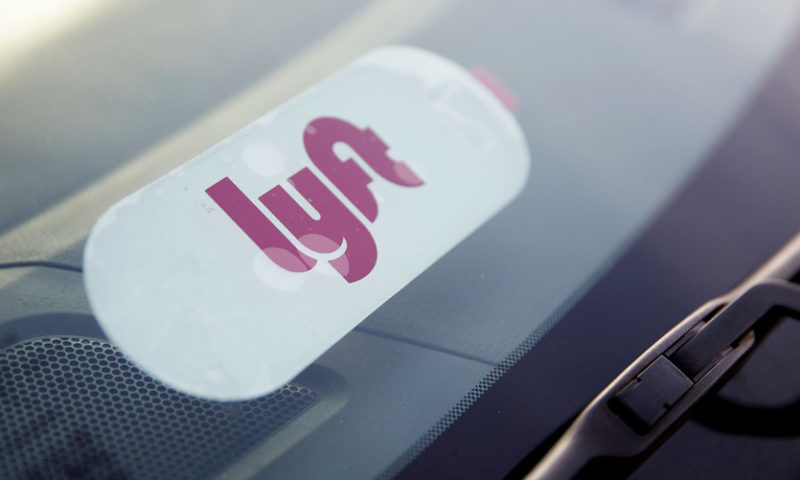More than a million additional Lyft shares were shorted Friday morning, says S3
Shares of Lyft Inc. fell in Friday trading amid active short selling after rival Uber Technologies Inc. filed paperwork for an initial public offering.
Lyft’s stock LYFT, -1.83% was down as much as 5.8% in morning trading before paring back some of its losses. The negative price action came as a result of both long, or bets that the stock will rise, and short selling—bets the stock will fall—according to S3 Partners analyst Ihor Dusaniwsky, who said that more than a million additional shares were shorted during this morning’s session.
Dusaniwsky wrote that stock-borrowing fees are climbing and are currently near an annualized 3%. In comparison, borrowing fees for general collateral stocks, or those of large-capitalization companies that are widely owned, can be as low as less than 0.5%.
“If short selling continues at this rate stock borrow supply will begin to show signs of scarcity and rates may head up to the double digits within a few days,” he said.
With the increased short activity, though, stock-borrow supply could soon dry up, Dusaniwsky wrote. Were that to occur, “Lyft’s stock price movements will be predominately dependent on the whims of its long shareholders,” he said.
Short bets against Lyft shares, which priced at $72 and opened at $87.24, have proven far better than long bets thus far. Shorts have racked up about $200 million in mark-to-market profits since the IPO, according to data from S3, a financial technology and analytics firm.
Barely two weeks after going public, S3 said that Lyft’s short interest as a percentage of its float ranks fourth among U.S. stocks with over $50 million in short interest.
Analysts at Wedbush had previously argued that the wait for Uber’s UBER, +0.00% prospectus was acting as an “overhang” on Lyft’s stock, but they admitted after the filing came out that even with Uber’s metrics now available, investors “don’t yet have a whole lot more clarity on some of the key comparable metrics.” That’s partly because Uber doesn’t distinguish between its U.S. and international businesses in most cases and reports numerous other metrics that aren’t directly comparable to Lyft’s.
The release of Uber’s prospectus also pressured shares of GrubHub Inc. GRUB, -5.76% which are on pace for their lowest close since 2017. Uber said that it thought its Uber Eats platform, a GrubHub rival, “has grown to be the largest meal delivery platform in the world outside of China based on gross bookings.”
Lyft shares are down 1.4% in afternoon trading. They’re off about 16% from the IPO price. Over the same time, the S&P 500 index SPX, +0.66% has gained 3.1%.

